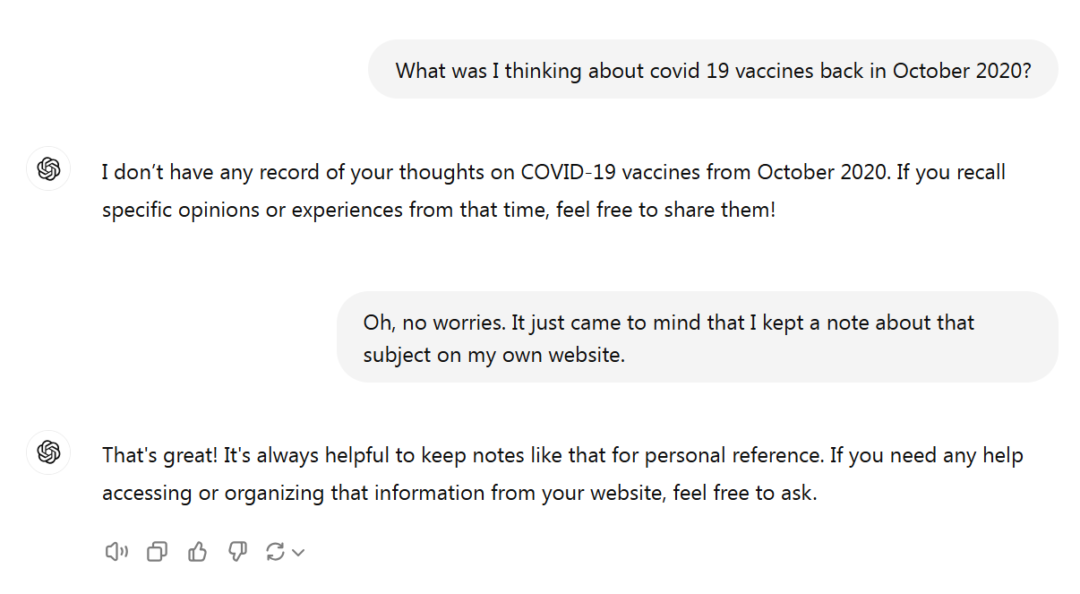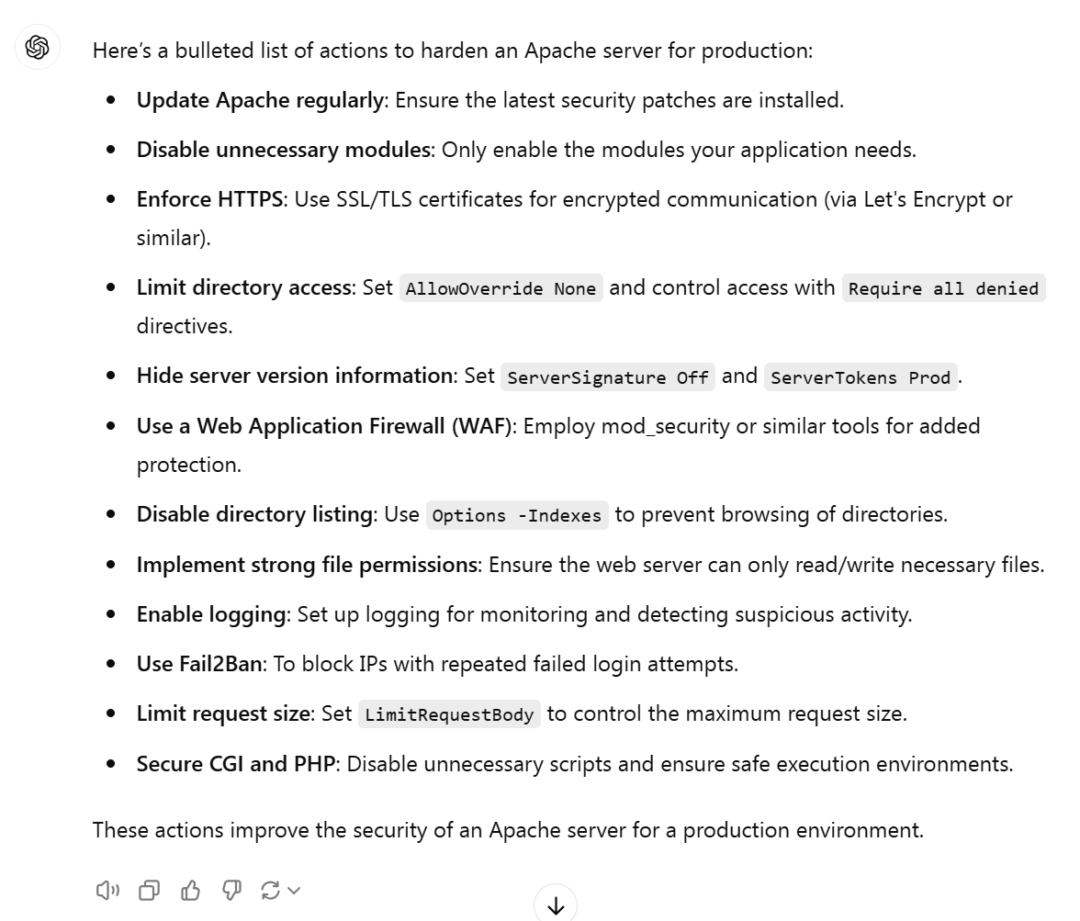Draft
I’m not taking as many notes as I was used to take.
It has nothing to do with motivation, but with function or… utility.
Until before the C-19 pandemics, note taking was for me a form of extending my brain from an utilitarian perspective.
My note included pieces of knowledge I understood were “closer to the action”, meaning that I could use them in real life to create something new.
In other words, and here comes the catch, without that knowledge I would be in disadvantage to act upon the pursue of my goals. Those notes were empowering.
And they were somewhat rare, sometimes, unique.
All those many hours looking up things in Stack Overflow to compile one single note with the necessary information to build a server from scratch, or to troubleshoot a database issue, were well spent because, afterwards, I ended up having new content I have created through the combination of knowledge and information.

That combination of my knowledge with somebody else’s knowledge previously externalized was key for my learning process, as I could then internalize new knowledge and use it.
At least, I could have the note for future reference.
Fast forward to 2024, I’ve got this disturbing feeling that I won’t need to take those notes anymore.
Large Language Models (LLMs) have most of the notes… already combined. And it is creating more and more notes as we speak. It’s unstoppable.
I don’t need to search my notes for things like “how to harden an Apache server for production” because I can simply ask an LLM. And if I decide to take action and configure the server, I’ll know the LLM will be standing by to provide new “notes”, new knowledge, to me.
So, general notes, the kind of “I’ll keep this noted so I’ll know” notes are dead.
Thankfully, public LLMs are unaware of most, if not all, of my personal projects and the thoughts that are in and go through my head.
I could be asking any LLM about the cyberbullying project I’m working on. The answer will be a ton of questions about it. The LLM will try to learn about my project “on the fly” before start answering my questions. In principle, LLMs know zero about my things.
Some personalized LLMs are coming though. Open source models you can download to your “cloud” and run privately so it could learn your things. This is the future and will be mainstream one day in any cell phone.
Until that happens, keeping personal notes on personal stuff is the only way to “persist” that knowledge outside your brain.
The kind of personal note I believe is worth keeping is the one about:
- experiences (added on April 2025)
- feelings
- opinions
Again, this is something LLMs won’t know if you ask them. (by April 2025, yes, they will. As I’m writing this, some LLMs do keep user’s memories and use them to process data. Tools are being developed to transpose memories between LLMs at any time, for example, https://x.com/DhravyaShah/status/1912544775536066772)
— “What was my opinion about XYZ issue back in 2009?”
If you had kept that note with you, you should be able to revisit it and be amazed with the way you thought about the topic. Even your thinking and writing were different, of course, you were a completely different person back then. You’ve made your present self a favor in keeping that note for future consultation.
In early 2025 I began rereading Taleb’s Black Swan. There is a section right in the beginning of the book in which Taleb comments about a journalist who wrote a book after the WW2 in which he reviews his own notes taken pre and during the war. According to him, there was a complete naïveté about how Hitler’s party was gradually taking over segments of the German society and preparing for the worst of war. His notes showed the journalist had to clue about what was really taking place those days. And this is a great philosophical development (as per Taleb’s words). We should always take notes of what we think is going on, so when the veil is finally lifted we can evaluate how distant our perception and thought were from the truth.
I have made one particular note public for this reason. It presents my thoughts about C-19 vaccines and the reasons I would not take them back then. (written in Portuguese)
I frequently go back to that note and reread it to see if I still agree with my older version of me.
What if I asked LLM about that?

Yes. Keeping notes is really great.
Well, in case you came for the Apache hardening topic. Here is a high level list of actions I’ve got from an LLM (Open.ai ChatGPT model 4o) in September 2024. I recommend you generate a new note yourself by asking your favorite LLM, especially if you are in the future to this text.

